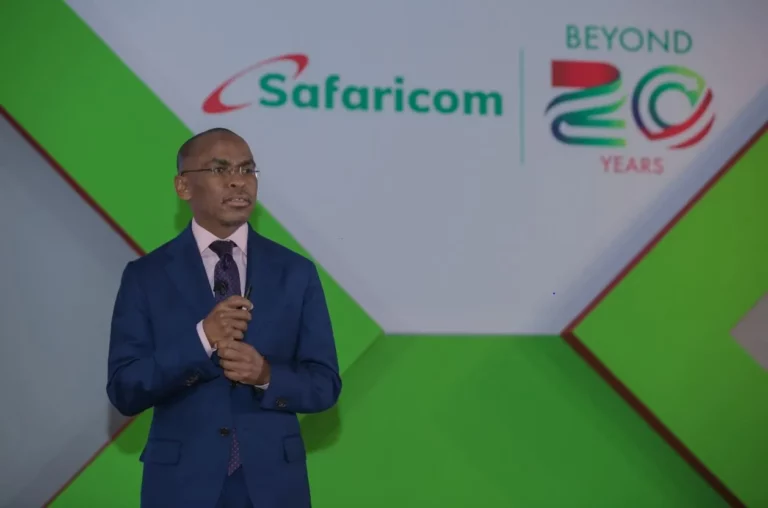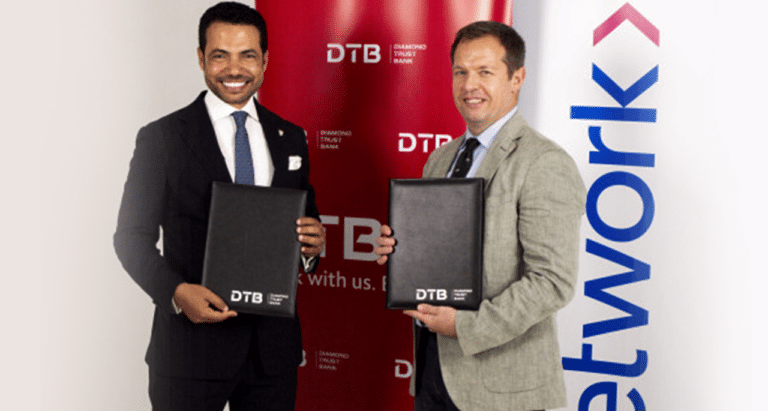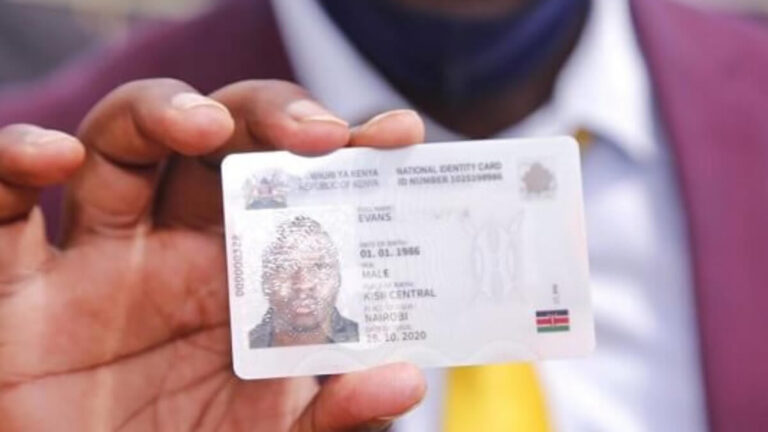A new wave of competition in the Internet market is bringing down its prices and making the economy more reachable for consumers. The shift has been partly fueled by the aggressive entry of commercial satellite Internet players like Elon Musk’s Starlink, which has thrown a challenge at traditional Internet service providers and compelled leading telcos to rethink their data pricing models.
On Monday, Airtel Kenya announced a new campaign that offered free data to clients who joined the firm’s network with new smartphones or those who upgraded from feature phones. Dubbed “GB kwa GB”, every week, 1GB of free data is given for six months after a minimum weekly airtime top-up of Sh50 has been made. The offer is aimed at fast-tracking the digital revolution in Kenya.
This is after Starlink reduced the price of its equipment to Sh29,999 from the initial Sh89,000, a second reduction in three months since its launch in the country.
It’s something ISPs will have to get used to, or be squeezed out by market forces, analysts say. What’s happening is that the satellite providers and other vendors are bringing a bit of market liberalization, giving consumers choices that drag down prices for everyone, says Gathirwa Irungu, a software engineer based in Nairobi.
“Consumers are driven primarily by prices,” says Irungu. “The emerging dynamics will force any provider to either develop or leave, leading to lower prices throughout the market.”
This kind of competition, and the subsequent reduction in prices, is likely to further enhance digital accessibility, driving economic growth and new business opportunities in Kenya.






